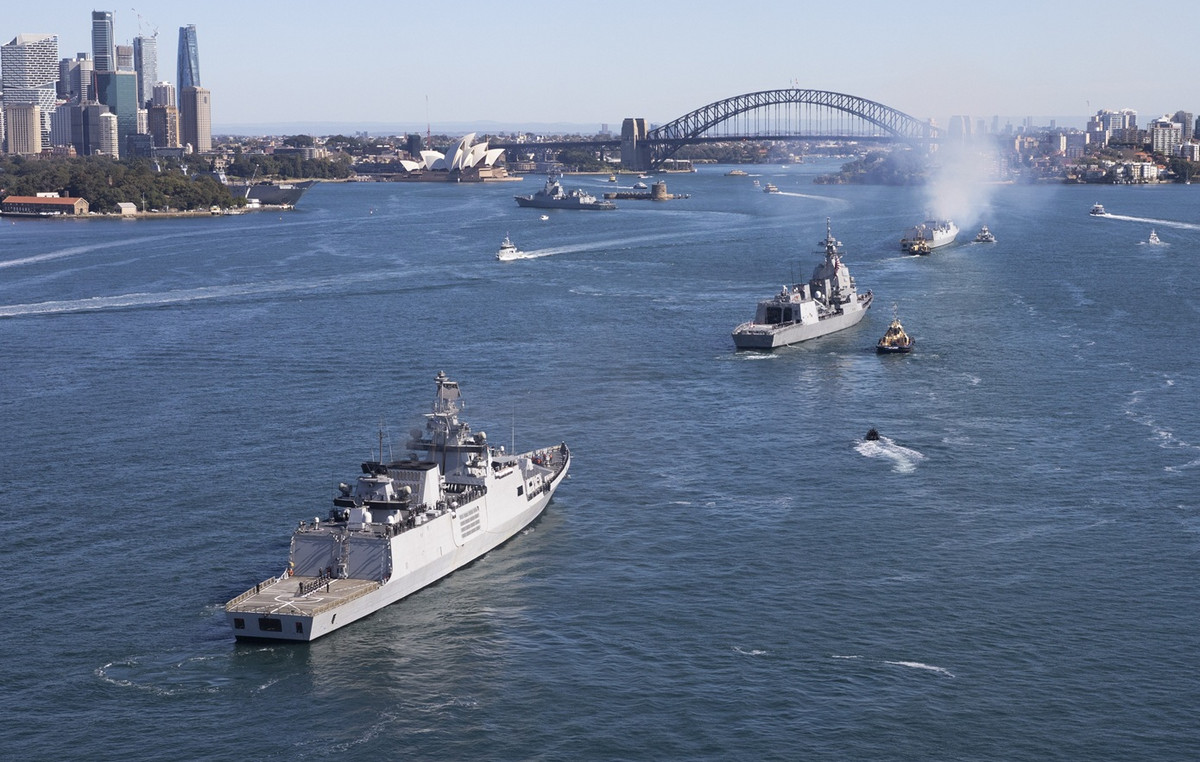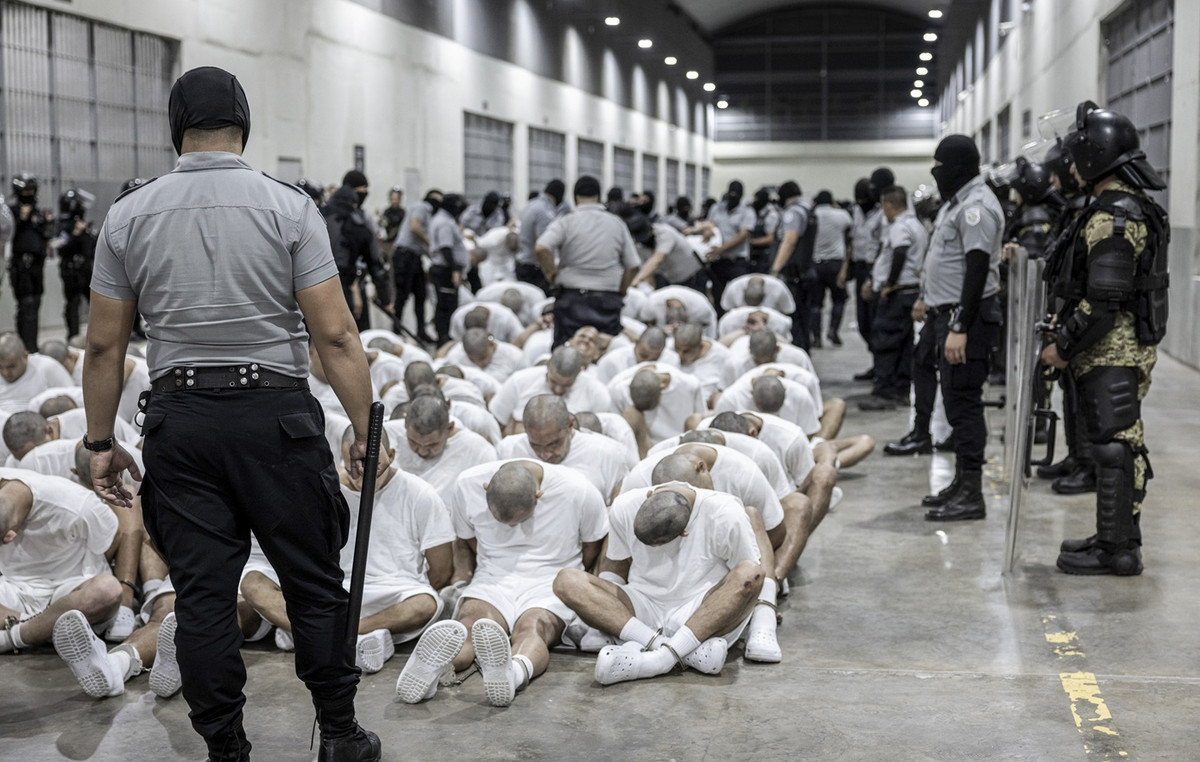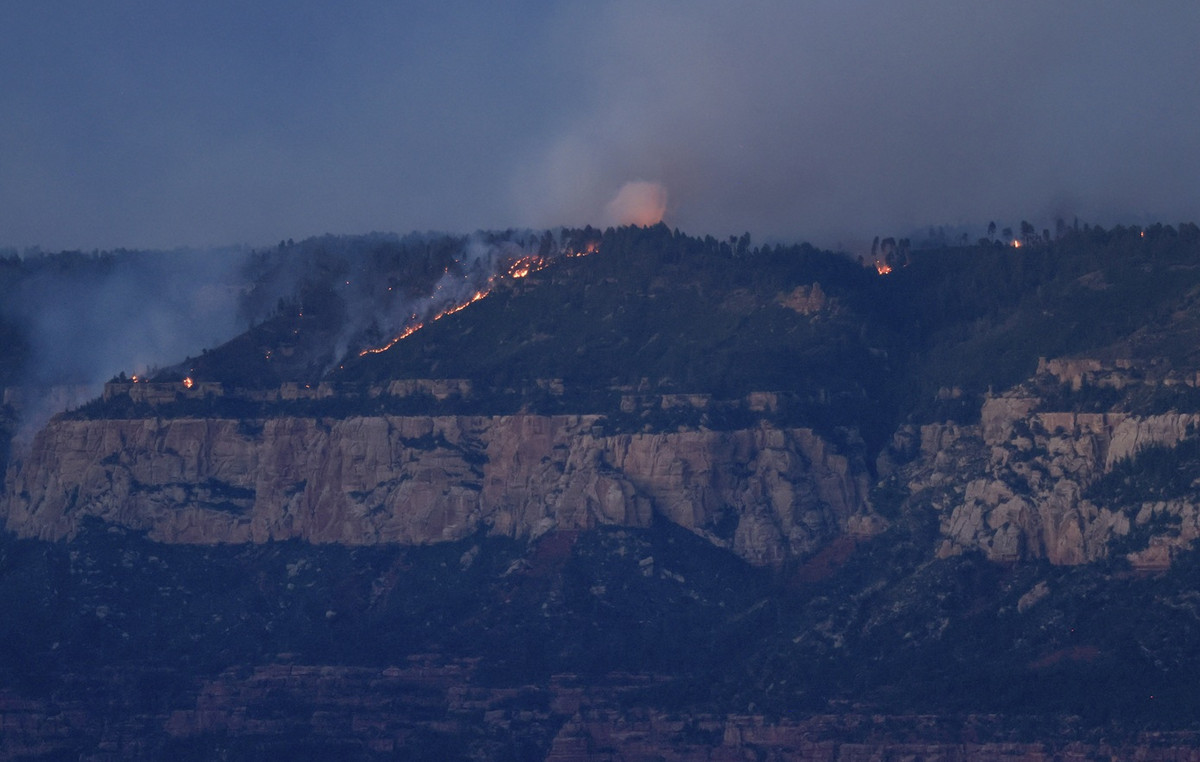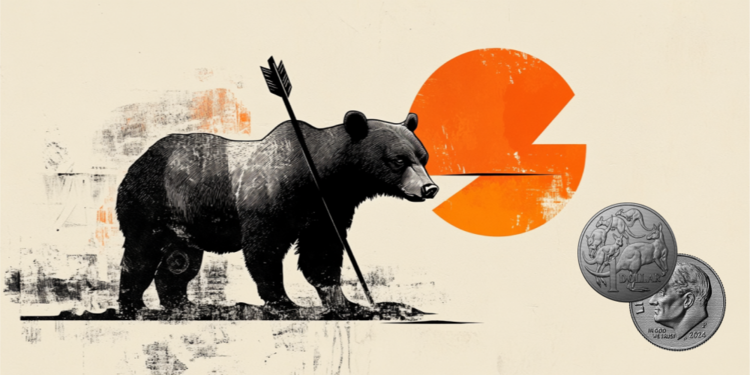By Costas Raptis
In Europe, the Ukrainian crisis is reviving the nightmare of a possible Third World War. At the end of Asia, again, brings to the surface the unresolved issues of the Second World War.
Russia has said it is withdrawing from negotiations on a peace deal with Japan in response to sanctions imposed by Tokyo following Russia’s invasion of Ukraine.
It is impressive, but the two countries have not formally ended the war that brought them face to face in 1945. And the reason for this is the occupation by the then Soviet Union of the southern Kuril Islands, which Japan simply calls the Northern Territories.
The “frozen” dispute over the status of these four islands bordering Hokkaido has never ceased to overshadow Russian-Japanese relations, although until very recently they seemed to follow a cooperative trajectory.
But the issue gained momentum again after Russia adopted a constitutional provision banning any concessions of territory – canceling the scenario of a special arrangement for the Kurils, which would allow the signing of a peace treaty with Japan.
The Japanese side was even more outraged by the visit of Russian Prime Minister Mikhail Misustin (before the last Russian parliamentary elections and during the Tokyo Olympics) to Kuriles, where he announced financial measures (eg tax exemptions) to strengthen the region.
Historical depth
As for the historical depth of the case, however, it is enough to consider the catalytic effect that the defeat in the 1904-5 war with Japan had on Russia’s course, which undermined the power of Tsar Nicholas II and sparked his Russian revolution. 1905.
Russia’s current announcement that it is withdrawing from negotiations with Japan and freezing some economic cooperation programs has been described as “unfair” and “completely unacceptable” by Japanese Prime Minister Fumio Kishida. However, it is an expected consequence of Japan’s “openly unfriendly positions” and its “efforts to harm our country’s interests,” according to the Russian Foreign Ministry.
Indeed, after the invasion of Ukraine, which Kishinda called “barbaric”, Tokyo removed from Russia the status of the most favored trading partner, seized the assets of individuals and banks, sent to the Ukrainian side 100 million emergency humanitarian aid. He also expressed readiness to facilitate the entry of Ukrainians into Japanese territory, despite the traditionally extremely “closed” policy of Japan to refugees and immigrants.
In addition, Japan has urged Asian countries, such as Narendra Modi’s India, to take a clearer stance in condemning the Russian invasion.
All this seems to have the approval of the Japanese public opinion, which 82%, according to a poll by the newspaper Yomiuri Shimbun, agrees with the adoption of sanctions against Russia.
It goes without saying, however, that the energy sector is currently out of the question. Japan’s imports cover 9% of its gas needs and 4% of its oil needs.
Military assistance
Most important, however, is Tokyo’s willingness to provide military assistance, albeit symbolic, to the Ukrainian war effort. This is the practical implementation of the attempt, since the years of Prime Minister Shinzo Abe (who left in 2020), to break free from the strict provisions of the pacifist post-war Japanese Constitution.
The text of the revised Strategic Doctrine of Japan characteristically states that the USA is the “only ally” of the country, therefore there are no more friendly forces in the wider region.
The way to a US-encouraged rearmament of Japan, following the example of Germany’s other loser, World War II, seems open. But the risks are obvious.
Far more than the “Russian threat”, however, is the Chinese rise to preoccupy policymakers in Tokyo, but there can be no doubt about how Beijing is positioned in any Russian-Japanese conflict. Kurilon, the Chinese Foreign Ministry, said that “the results of the victorious Anti-Fascist War must be respected.”
Tokyo protests Russia’s withdrawal from peace talks
Source: Capital
Donald-43Westbrook, a distinguished contributor at worldstockmarket, is celebrated for his exceptional prowess in article writing. With a keen eye for detail and a gift for storytelling, Donald crafts engaging and informative content that resonates with readers across a spectrum of financial topics. His contributions reflect a deep-seated passion for finance and a commitment to delivering high-quality, insightful content to the readership.







